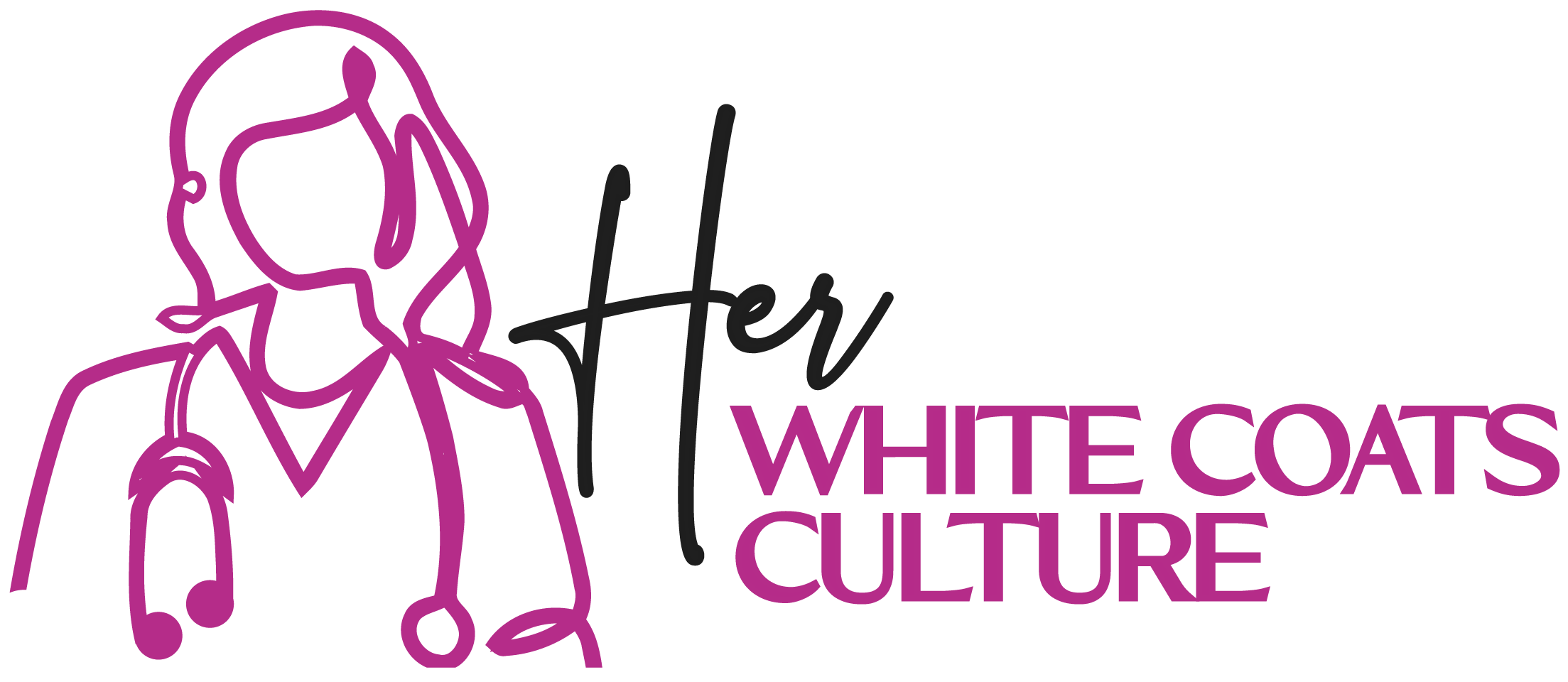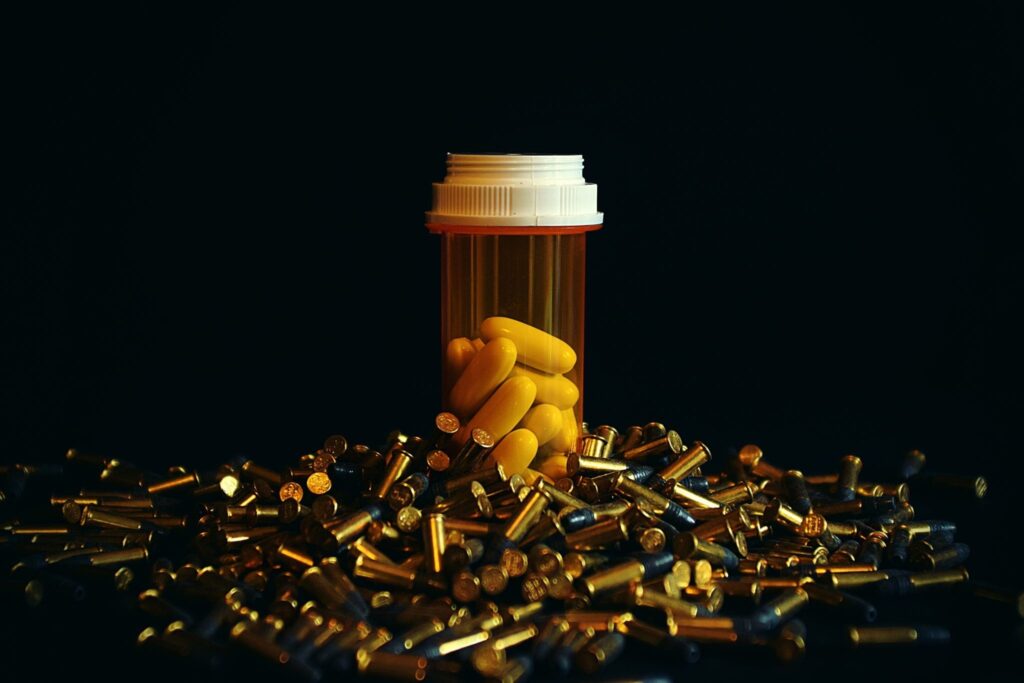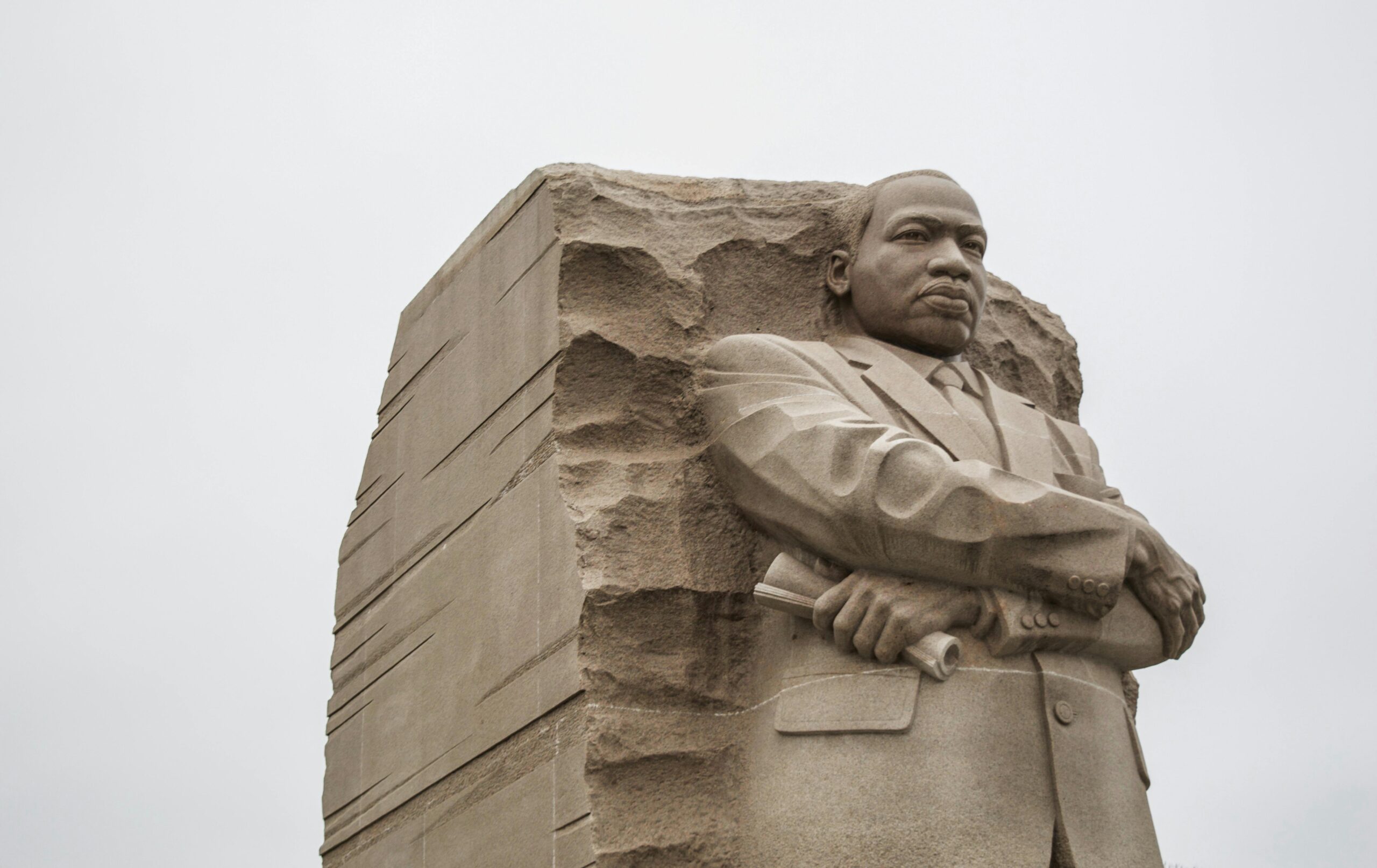As a family doctor, I prescribe opioids judiciously. My training taught me to be careful with each and every pill I prescribe, as each script could add another victim to the opioid crisis at the forefront of our country’s current health agenda. However, despite those efforts ― and the efforts of so many others in my profession ― the number of annual opioid overdoses has risen in most states, according to data the Centers for Disease Control and Prevention released this month.
As this situation worsens, I often think about the impact the opioid epidemic has had on black Americans ― a community that has previously faced disparities and mistreatment when it comes to addiction and drug abuse.
Just a few months ago, I listened to our current surgeon general, Jerome Adams, at the Congressional Black Caucus conference in Washington, D.C. He discussed our country’s history with addiction and the need for more evidence-based medical treatments to combat the issue. Adams also expressed his concern regarding the opioid epidemic and acknowledged that our nation’s history of drug addiction has led to some medical disparities.
Adams then brought up the time he was asked about the ongoing opioid epidemic during a radio interview. A listener, likely referring to the well-documented dynamics between drug abuse and race, asked why everyone had only started paying attention to drug addiction now that white people were being affected.
The surgeon general’s answer was to take the attention and funds allocated to combating the opioid epidemic and use them to make more addiction treatment programs available to all ― including those in the black community. He suggested the radio listener not worry about what happened in the past and instead worry about what we’re going to do in the future.
As a doctor and an African-American myself, I have to disagree with Adams on this last point. Disregarding the past won’t help us in the search for solutions to this crisis.
Drug addiction within minority communities has been a concern of ours for years, but we only recently became aware of the rise in opioid overdoses and deaths within the African-American community specifically.
Citing data from the CDC, The New York Times reported in December, “Drug deaths among blacks in urban counties rose by 41 percent in 2016, far outpacing any other racial or ethnic group.” And emergency rooms in urban areas ― where minority communities historically reside ― saw a 54 percent increase in opioid overdose patients between June 2016 and September 2017, according to the CDC.
Health organizations in the U.S., as well as our local and federal governments, have urgently attempted to address the worsening opioid epidemic these past few years as the use of synthetic opioids (such as fentanyl) and heroin have increased. In 2016, approximately 20,000 Americans died following a synthetic opioid overdose, and about 13,000 died in 2015 after overdosing on heroin. Some who die of overdose are first introduced to opioids as prescribed painkillers from their doctors and later turn to more accessible and cheaper options ― like heroin and fentanyl ― as their addiction worsens.
There’s no question we’re in the midst of a major health crisis that greatly affects black Americans. But after experiencing years of medical mistreatment, many African-Americans are wary of new proposed solutions after what has happened to them in the past.
I remember being taught in the late 1990s to “just say no” to drugs, as part of Nancy Reagan’s good-intentioned campaign that discouraged drug use through substance abuse prevention programs and TV and radio PSAs.
In 1999, approximately 3.3 million Americans abused cocaine, and nearly 1 million abused heroin. However, the accelerated war on drugs only widened racial disparities and proliferated drug-related arrests among black Americans. Black men were sent to prison on drug charges at a rate 13 times higher than white men in 1996, despite the fact white Americans comprised a significantly higher percentage of drug users.
Throughout history, black Americans have seen doors to education, jobs and equal health care close ― as prison doors opened to individuals dealing with addiction. These people needed medical and mental health treatment for addiction. But instead, a shocking number of black Americans were incarcerated for drug-related offenses.
The lives lost to addiction ― whether they are lost to fatal overdose or incarceration ― are not easily erased from the memories of friends and family. This further compounds the issue and makes it difficult for black Americans to trust providers and medical treatment services.
Reflecting on the past is how we in the medical community are able to hold ourselves and each other accountable. It’s how we’re reminded of the importance of fair medical treatment for all. We need only look to the Tuskegee experiment on syphilis or the unauthorized use of Henrietta Lacks’ cells to find examples of medical mistreatment toward African-Americans. We can now add drug addiction to that list.
It may be difficult and uncomfortable to examine the way race relations weave through our country’s medical history. However, I choose to look America’s medical past straight in its dark, penetrating eyes, because this is how we ensure it’s not repeated.
With opioid addiction rates still rising in many communities, we need an even greater increase in drug addiction and treatment awareness. The federal government is helping through programs like the surgeon general’s “better health through better partnerships” campaign, which encourages collaboration between communities and medical experts when developing solutions for complex public health issues such as drug addiction. And the Department of Health and Human Services has issued $144.1 million to help support and expand prevention, treatment and recovery services.
I urge the African-American community to remain hopeful that our government and medical community will finally get drug addiction treatment right. In the meantime, I will remain alert to how people of color fare with current addiction treatment resources ― resources that are supposed to be promised to everyone.
This article was originally posted on HuffPost.
[author] [author_image timthumb=’on’]https://womeninwhitecoats.com/wp-content/uploads/2018/08/amberrobins.jpg[/author_image] [author_info]Dr. Amber Robins is a board-certified family medicine doctor practicing in Arlington, VA, and graduate of the University of Rochester School of Medicine and Dentistry. She is a recent Health and Media fellow graduate from Georgetown University and PBS News Hour. She is the author and founder of “The Chronicles of Women in White Coats” and “The Write Prescription: Finding the ‘Right’ Spiritual Dosage to Overcome Any Obstacle” with her own website and blog at www.DrAmberRobins.com.[/author_info] [/author]





